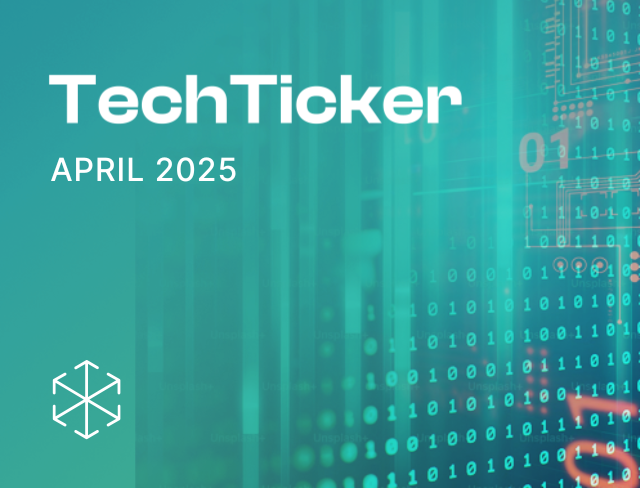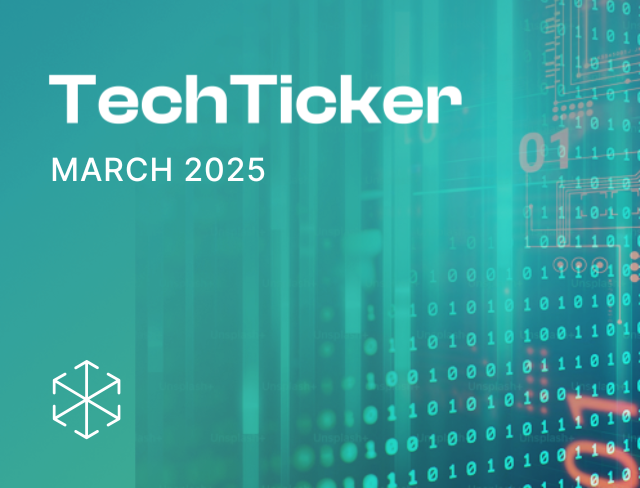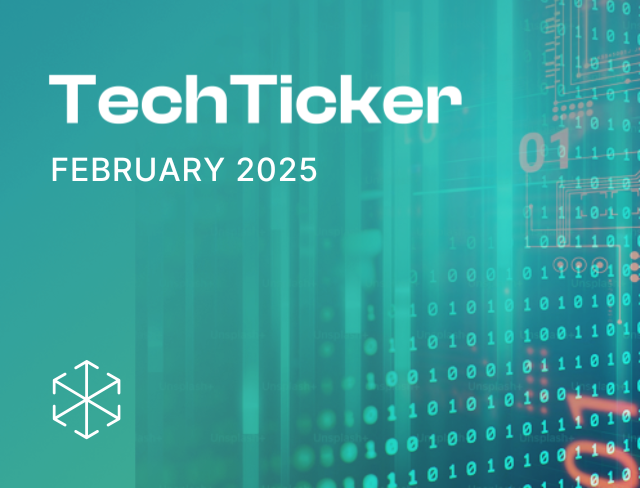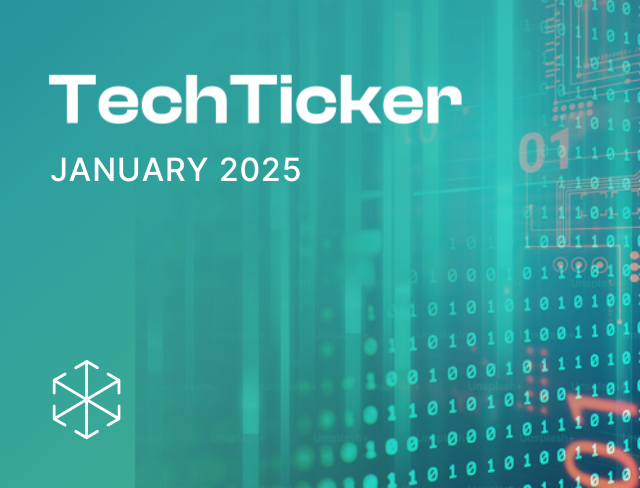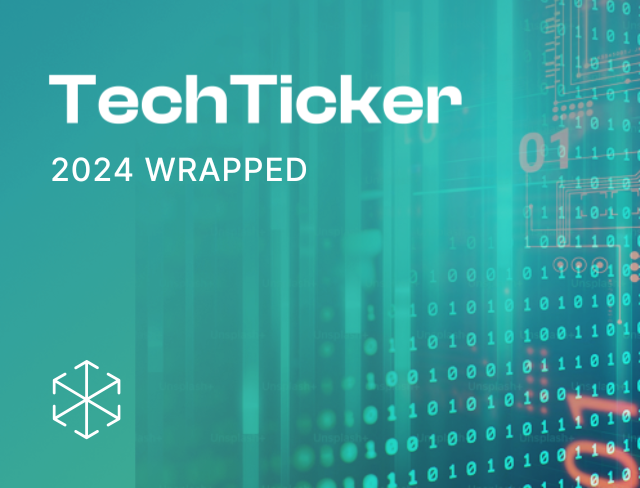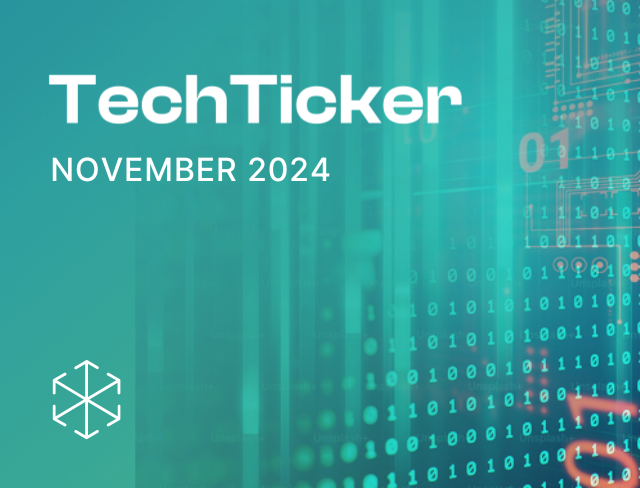‘Beyond the Whitepaper’ – ICO marketing methods under the scanner
The recent cease and desist order of the Securities Exchange Commission (“SEC”) in the matter of the Munchee Inc. initial coin offering, provides guidance on how regulators may view the promotional and marketing methods adopted by offerors while adjudicating the nature of tokens as ‘utility’ or ‘security’ in a digital token sale.
In declaring the Munchee tokens (or “MUN tokens”) offering as being in violation of the US securities laws, the SEC looked beyond the statements made in the white paper and focussed specifically on statements regarding the potential for an increase in value in declaring the MUN tokens a security. As per the SEC, such statements primed the investors expectation of profit from investing in to the MUN tokens, rendering the tokens the colour of a security. Some of these promotional activities and statements are as follows:
- Munchee and its agents controlled the content on multiple web pages, besides its website (the “Munchee Website”), an additional site where it posted Munchee’s “white paper” (the “MUN White Paper”), a Twitter account, a Facebook page, and posts on various message boards (collectively, the “Munchee Web Pages”).
- Munchee announced it would be launching an “initial coin offering” or “ICO” to offer functional utility tokens (which it named as MUN tokens) to the general public. Munchee posted information about the offering and the MUN White Paper through posts on the Munchee Web Pages, including on a blog, Facebook, Twitter, BitcoinTalk, and the Munchee Website.
- Munchee published a blog post which was titled “7 Reasons You Need To Join The Munchee Token Generation Event, wherein some of the reasons were: “As more users get on the platform, the more valuable your MUN tokens will become”; how MUN token purchasers could “watch their value increase over time”; and that the Users could count on the “burning” of MUN tokens to raise the value of remaining MUN tokens.
- One of the Munchee’s founders also described and promoted the opportunity of investing in MUN tokens on a podcast, where he made a guest appearance. He was quoted as follows “So they [users] will create more quality content to attract more restaurants onto the platform. So the more restaurants we have, the more quality content Munchee has, the value of the MUN token will go up – it’s like an underlying incentive for users to actually contribute and actually build the community.” Similarly, Munchee offered to provide MUN tokens to people who published promotional videos, articles or blog posts in forums or otherwise helped Munchee promote the MUN token offering.
- Munchee also made public statements or endorsed other people’s public statements that touted the opportunity to profit. For example, a Facebook post where Munchee wrote “199% GAINS on MUN token at ICO price! Sign up for PRE-SALE NOW!” and provided a link to a third-party YouTube video. The linked video featured a person who said “Today we are going to talk about Munchee. Munchee is a crazy ICO. If you don’t know what an ICO is, it is called an initial coin offering. Pretty much, if you get into it early enough, you’ll probably most likely get a return on it.” This person also included the MUN token offering amongst the “Top 15 ICOs of all time” and speculated future returns.
- Munchee also promoted the MUN token offering in international forums which primarily comprise of people interested in investing in digital assets, even though the Munchee App would neither be available outside the US nor such people would be able to obtain any functional utility of the MUN tokens held by them.
- Potential purchasers would have had a reasonable understanding that their future profit depended on Munchee creating a MUN “ecosystem.” For example, in a video posted on YouTube, a person described the MUN token offering, whose YouTube channel has approximately 15,000 followers who believed “[t]he early investor catches the bitcoin.” In the video review, the person discussed that MUN token purchasers would profit only after Munchee did years of work.
The takeaway is that the label attached to a digital token does not affect its legal classification, and that token offerors should discuss marketing methods with legal advisers. Arguably, the marketing efforts for an ICO should be focussed on the consumptive value/utility of the token rather than the profit potential for investors.
Aman Bhatia and Anirudh Rastogi
TRA

